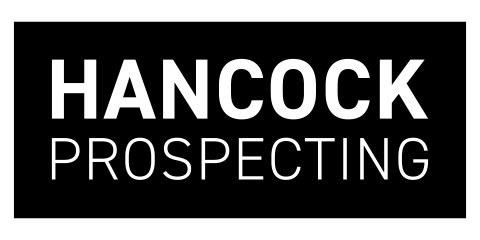
Article by Angela Macdonald-Smith, Brad Thompson & Tom Rabe, courtesy of Australian Financial Review.
Onshore gas producers in Western Australia will have a five-year window to sell 20 per cent of their output into more lucrative LNG export markets, in a decision some commentators fear will fail to move the dial in terms of encouraging exploration and development.
Industry sources have been briefed on the decision, which is expected to be announced on Thursday morning Perth time in the WA parliament and which will reportedly also include stricter obligations for major producer Woodside Energy to supply gas from LNG projects into the domestic market.
Shares in Strike Energy, an onshore gas producer, jumped as much as 9.8 per cent in early trading ahead of the announcement, amid optimism from investors that it will benefit from the changed rules.
A WA parliamentary inquiry found last month that onshore gas producers should be allowed to export to international buyers, but only if the industry can address a looming shortfall in domestic supplies.
WA faces a shortfall of up to 30 per cent of its total gas demand in the next decade, the inquiry’s report said.
The only WA onshore gas project now allowed to export gas is the Waitsia venture owned by Beach Energy and Mitsui, following a controversial decision in 2020. Offshore producers are allowed to export LNG, but need to reserve 15 per cent of supplies for the domestic market.
Onshore gas producers such as Strike and Mineral Resources want the ban on exporting onshore gas overturned to provide more incentives to explore and develop gas resources. Woodside has also argued for reduced restrictions on onshore gas exports as it struggles to find enough gas for its large North West Shelf LNG venture, which is close to starting to shut down an older production unit because of insufficient feed gas.
But large gas consumers have warned that allowing onshore gas exports could jeopardise WA’s energy supply. Wesfarmers is among major gas buyers that have accused the state’s LNG exports of failing to meet their obligations under the domestic gas reservation policy.
Share ‘too small to bother’
MST Marquee energy analyst Saul Kavonic said on Thursday that allowing 20 per cent of onshore gas supplies to be exported would not make much difference and would not achieve the desired outcomes of encouraging exploration and materially assisting the financing of projects.
He said that share “may be too small for producers to even bother with the administrative burden involved in negotiating and managing export toll agreements”.
“At most, this would see half a million tonnes a year of additional LNG exports from across the Perth Basin, which will do nothing to prevent the North West Shelf from shutting trains,” Mr Kavonic said.
“All the main players in the basin are unlikely to achieve more than one LNG cargo each per year from this.”
Still, Strike energy chief executive Stuart Nicholls was positive about the changes, describing them as “a vote of support for the investment climate and role of gas in WA”.
The peak oil and gas industry body also welcomed the changes, saying they were “sensible” and would boost domestic energy security for the state.
“The Cook Government has listened to the concerns of industry about ensuring reliable and affordable energy for the state and pulled the levers to bring on more new gas supply to serve rising demand for gas in coming years,” said Caroline Cherry, WA director for Australian Energy Producers.
Strike shares were up 8.5 per cent at 22.25¢ shortly before midday Sydney time.
Mr Nicholls said lifting the export ban would improve the economics of Strike’s development projects that were yet to reach a final investment decision and incentivise further exploration.
“Strike will always be ‘WA-first’, but this is a welcome change to a policy that was unfairly applied, and is timely with Strike recently making a new discovery in the Perth Basin,” Mr Nicholls said from Houston.
“Strike looks forward to being Australia’s next and newest LNG producer.”
Woodside is expected to comment once the government releases its revised policy.
The revised policy will also enforce stricter “use it or lose it” provisions in a renewed effort to prevent gas companies sitting on undeveloped reserves, according to The West Australian newspaper, which secured advance notice of the government’s decision.
It also puts greater obligations on Woodside to supply the WA domestic market by softening an existing condition that stipulates export gas only needs to also be supplied to the domestic market if it is commercially viable, the report said.
WA shadow energy minister Steve Thomas said the state’s Labor government had come up with “a modest and temporary” easing of restrictions for onshore gas producers that smacked of a short-term political fix.
“The government has delivered a degree of flexibility and certainty that onshore producers will welcome for the next six years, but the onshore gas industry may hit exactly the same problems after that,” Dr Thomas said.
“I am not sure what measure the government used to determine that new onshore gas projects would need access to the more lucrative export market from 2025 to 2030 but would not need the same access from 2030 onwards. It looks like a short-term political fix.”




